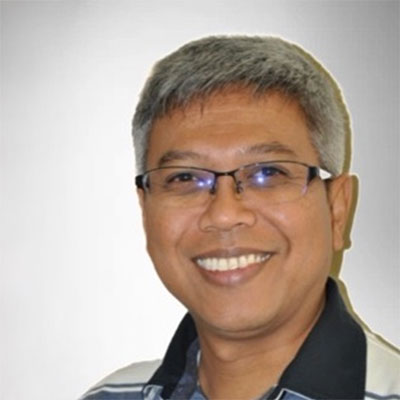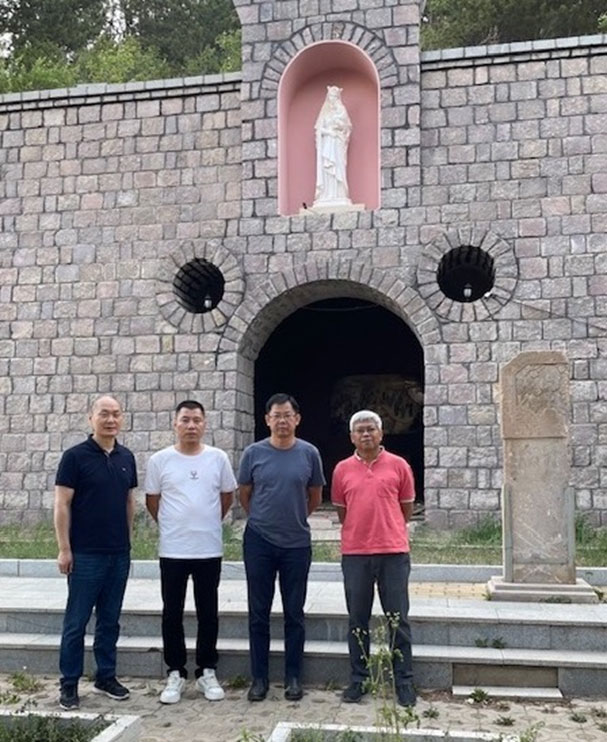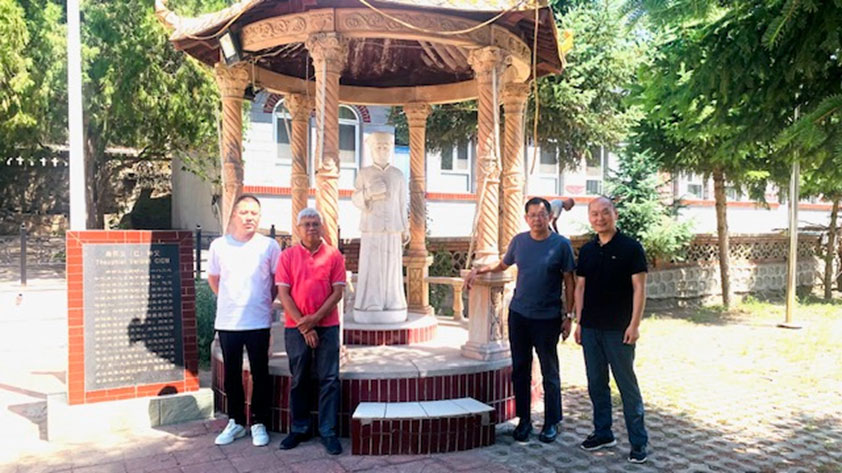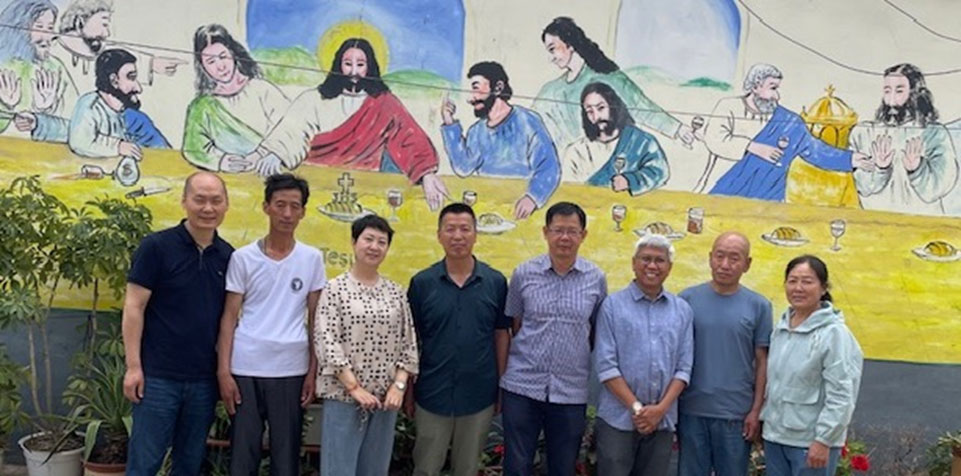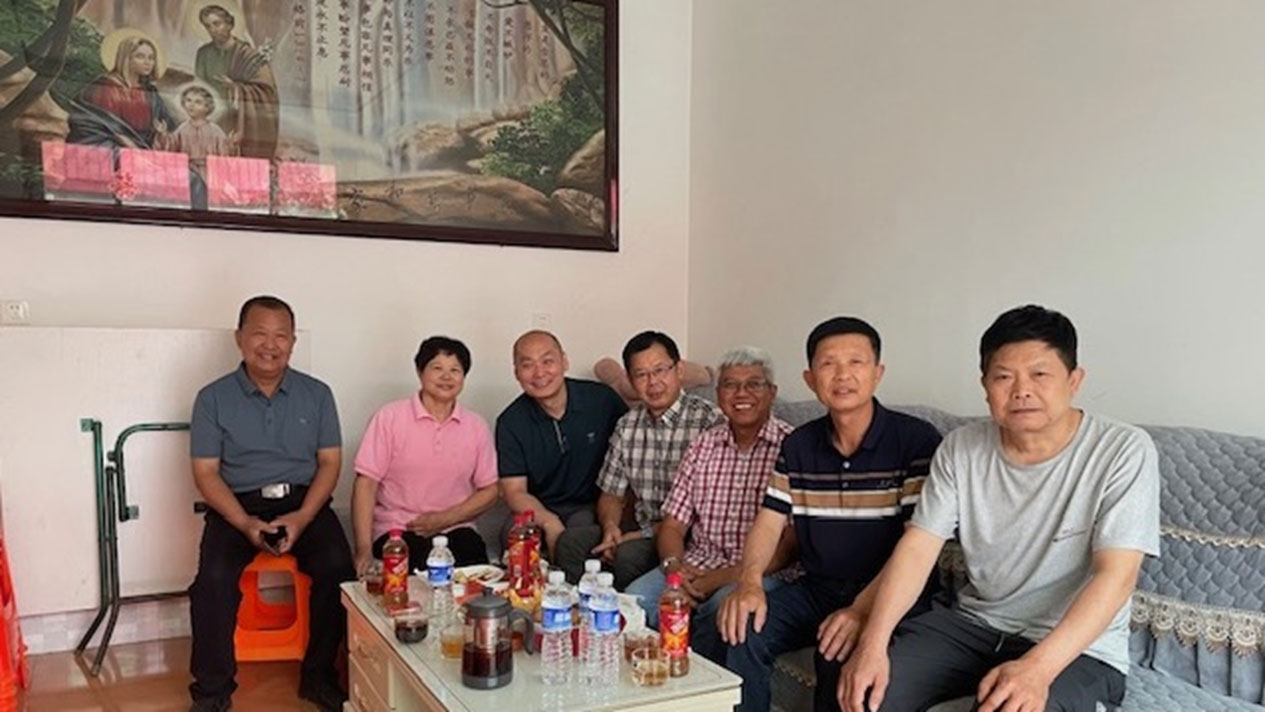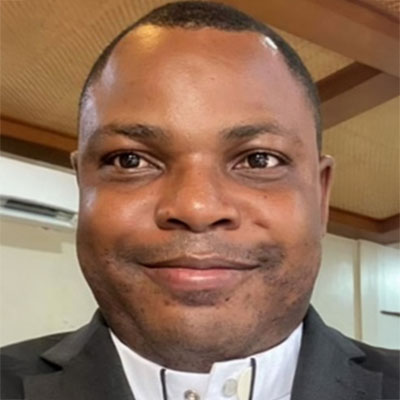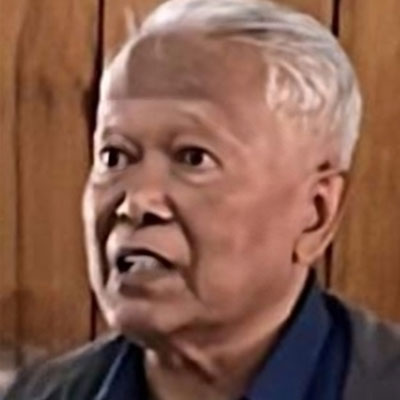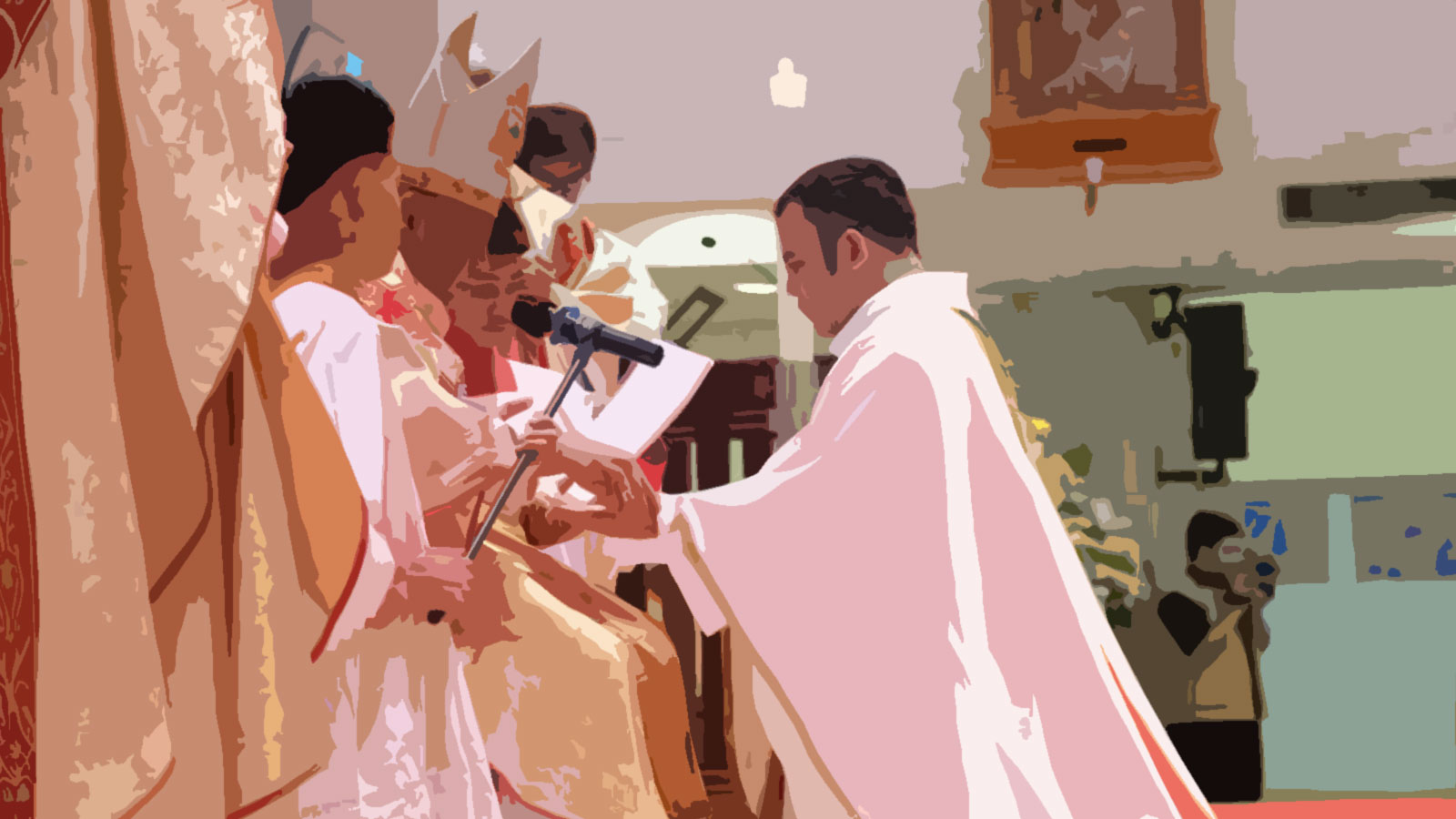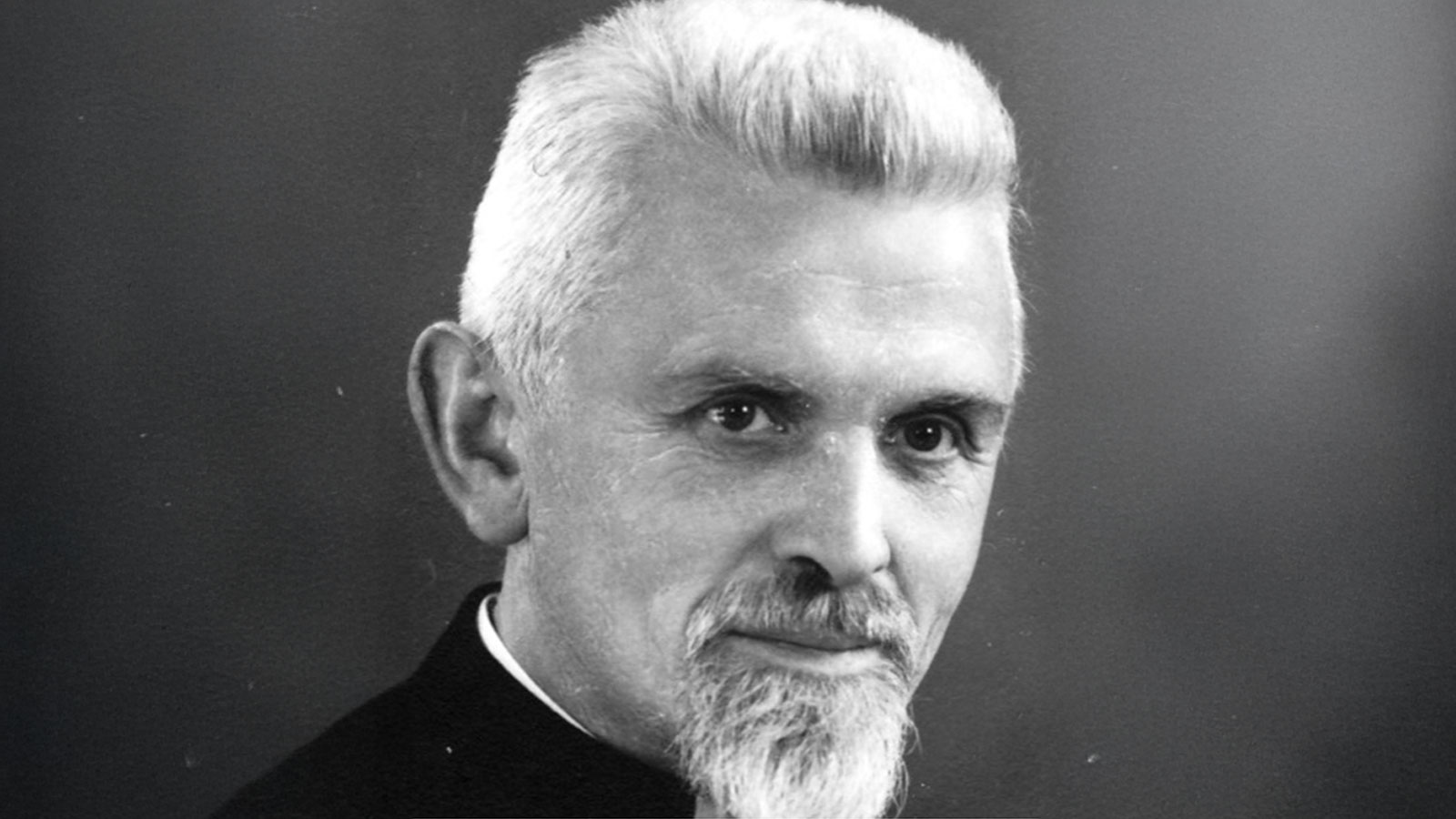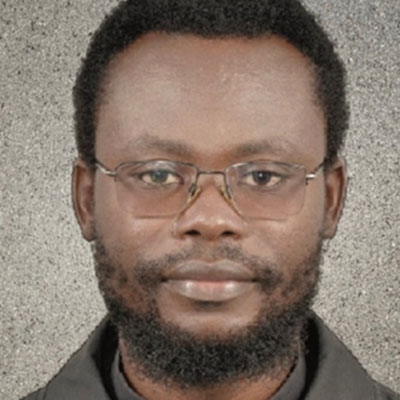
Yengo Germain, cicm
Missionary in Belgium
The urgency of reconciliation is to live in peace today before resting in peace tomorrow.
Life, it is said, "is a journey into the unknown," marked by encounters, joys, sorrows, and conflicts. Every day, we go forward without knowing when our earthly pilgrimage will end. Christ wisely reminds us: "be on your guard, therefore, because you do not know the day nor the hour" (Matthew 25:13). This biblical truth invites us to live every moment with an awakened conscience, to seek reconciliation and to cultivate peace in our hearts and our communities.
During my three years of pastoral mission in the Diocese of Inongo, I had to work hard, among other things, to promote reconciliation between members of different biological or related families, socio-political allegiances, ideological associations, and even between members of different priestly and religious communities. Although sharing a common faith, these families, groups, and communities were sometimes divided by misunderstandings and cultural conflicts. I often witnessed tensions between different members, and the urgency of reconciliation and forgiveness remained crucial. Interpersonal relationships were not stable because they were marked by deep divisions between members of several families, communities, or associations, often due to suspicions of witchcraft, misinterpretation, clichés, and backbiting. These situations made it even more urgent to recognize the urgency of reconciliation. Having witnessed these experiences, which have sometimes even claimed victims, I have understood one thing: we believe that time is infinite and that we will always have another day to resolve our differences. But this illusion distracts us from the essentials. Forgiveness and reconciliation are acts that we must accomplish today before it is too late.
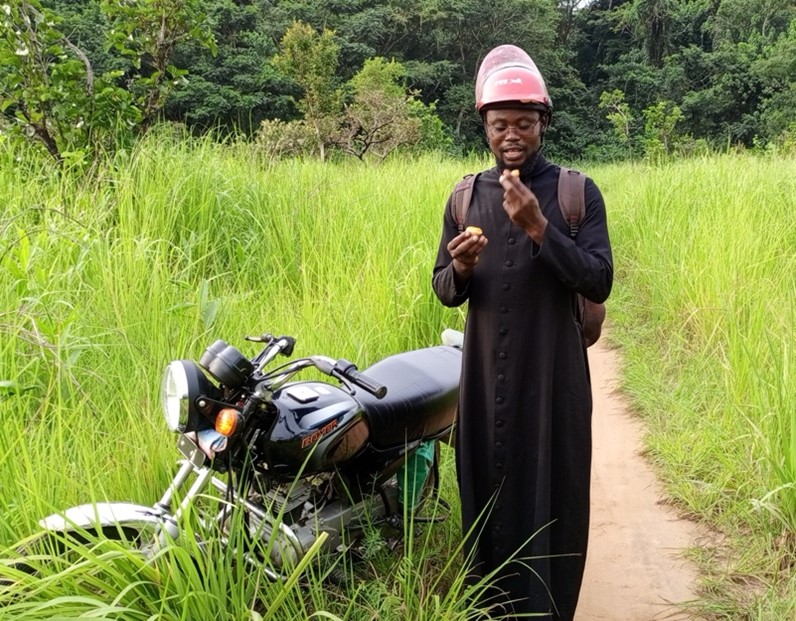
In the infinite wisdom of our Lord, we have been given the gift of living each day without knowing the hour of our departure from this world. And if the Lord has not revealed this moment, he prefers to see us "always ready" to appear before him. This uncertainty invites us to be always ready, particularly in our relationship with our loved ones and God. It is easy to believe that we will always have time to settle our differences, forgive, and reconcile. However, this illusion of infinite time is a trick of the evil one, of the devil. He wants to encourage brothers and sisters not to make forgiveness and reconciliation a full-time emergency. But we must know that every conflict embedded in our hearts is an obstacle to the peace and liberation that Christ offers us. Forgiveness and reconciliation are not acts to be postponed, for they are essential to our salvation and physical and spiritual well-being. Can we get a good night's sleep when we know something is wrong with the other person? Can we pray properly and easily offer the sacrifice that reconciles us with God when we know that, in all conscience, we have created a locked conflict with someone? I question my conscience.
As a missionary in the Diocese of Inongo, I have seen how reconciliation can free hearts and transform communities. I have witnessed members of communities who, after years of resentment, have found peace by following the example of Christ, who forgives at all times. Several times, I had to get on my knees for a long time to obtain forgiveness from one party for the other and finally end with a Thanksgiving celebration.
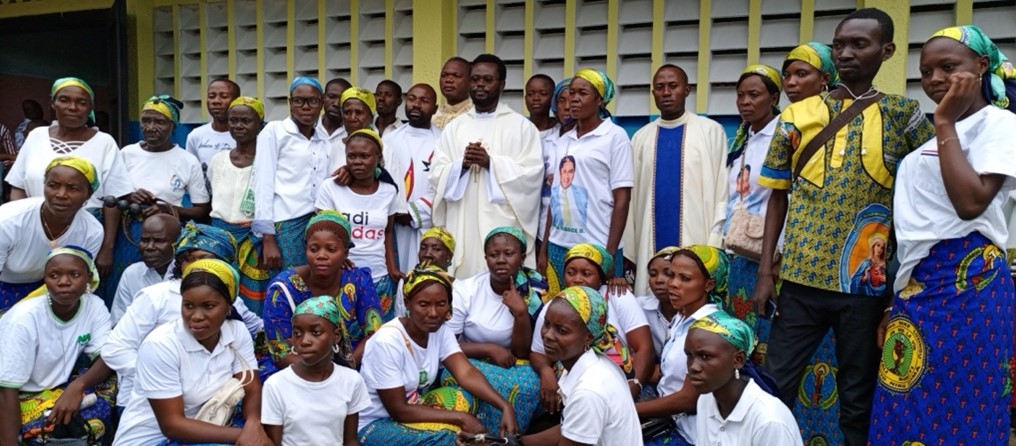
Taking the first step to the emergency room of forgiveness, even when we believe we are right, is a sign of humility, strength, maturity, and faith. In doing so, we follow the example of Christ, who always advocated unconditional forgiveness and love. We know it is sometimes difficult to take the initiative for reconciliation, especially when we feel neglected, belittled, ignored, hurt, or betrayed. However, by taking this step, we demonstrate our commitment to peace and divine love, essential for a harmonious life in a community, a family, or an association.
We must remember that forgiveness is a path to healing for ourselves and those with whom we seek reconciliation. As long as we live in a different society, it is not easy to avoid certain behaviors that fuel conflict. Dramatizing situations and underestimating a brother, sister, or friend only fuel the fire. To attribute evil intentions to another without proof is an injustice. To keep a score of past offenses, keeping track of each offense is poison for the soul. Christ taught us and called us repeatedly to forgive "not seven times, but seventy times seven times" (Matthew 18:22).
In our pastoral work, we have introduced spiritual practices to promote reconciliation, such as community prayers (in parishes and some families) and mediation meetings. In our prayers, we ask God to help us see what we need to abandon and leave behind, such as behaviors and habits that create division and conflict, in order to foster an environment of peace and mutual understanding. This is where human investment in a community and family paradise becomes urgent.
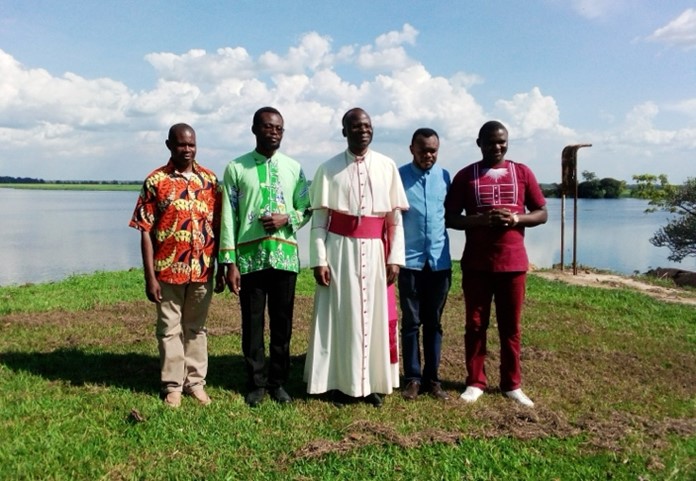
It is well known that the path to reconciliation is difficult, but this path is essential. Knowing how to ask for forgiveness, even through intermediaries, is a mark of humility. Knowing how to forgive and walk the path together again is an act of faith in divine love. As the Apostle Peter reminds us, "Above all, love one another deeply because love covers a multitude of sins" (1 Peter 4:8).
We are often confronted with conflicts and misunderstandings in our daily missionary life. It is easy to let these disagreements fester, believing we will always have an opportunity to resolve them. However, the uncertainty of our existence reminds us that the time for reconciliation is "now," for every moment is an opportunity to make peace and restore broken bonds. Thus, we can seek to live in peace today in order to rest in peace tomorrow, for the Lord "forgives us our trespasses as we forgive those who trespass against us."





